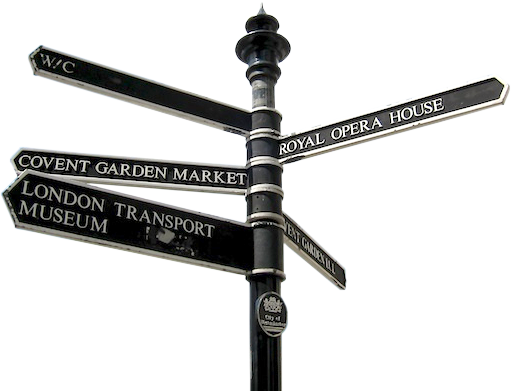Short letting
Problems caused by flats being let to short-stay visitors in London have increased, with the growth of booking-only websites such as AirBnB. Their activity has have led to toughening-up of laws in cities all over the world.
Legal position in London *
Short letting of your whole home is generally illegal in London. It is usually forbidden in your property deeds, leasehold agreement or tenancy agreement. But, even if that is not the case, you can only short let your home for a total of 90 days or fewer in any year.
And it is illegal to rent out a property on short lets at all if you are not the council tax payer.
If you want to run a holiday let business then you must get planning permission for temporary sleeping accommodation or be liable for large fines.
All other rental periods of a dwelling must be at least 90 days long.
Information for people renting out their homes
The Covent Garden Community Association supports residents who want to earn some extra income by renting out a room while they are there, or who can legitimately rent out their whole home while they are away for a short time. But there is a need to be aware of what can go wrong – often without you knowing anything about it until it’s too late.
There have been many cases of people returning home from holiday to find their neighbours up in arms because their flat has been used for late-night partying, and in some cases the police have been called. In Covent Garden we have had situations like 50 people and a band playing all night in a 1 bedroom flat. The person you rented to may sound fine, but that person has then sub-let it on another website. It may end up advertised as an event space rather than as accommodation. It may even be the venue for a week of ticketed parties with drugs, organised by one of the gangs active in this business – and sometimes they come back once they have the knowledge of the building.
If you are intending to rent out your home while you are away, please adhere the following code of conduct:
- Tell your neighbours in advance!
- Make sure that your tenants know all the rules and idiosyncracies of your building so that they do not disturb anyone. Outside spaces like balconies can be particularly sensitive if people use them at night, or if people smoke when neighbouring windows are open.
- Ask your tenants to treat the common parts with respect, and to lock the doors shut.
- Remind your tenants that, although they may be in holiday mood, the people around them are going about their daily working lives.
- Make arrangements for your neighbours to be able to contact you at any time while you are away in case of problems. If this is not possible, please engage a service provider who can respond 24/7, or use a site such as OneFineStay who can take care of this, not a site like AirBnB which takes no responsibility beyond just making the booking.
- Double-check your deeds, lease or tenancy agreement to establish whether you are allowed to sublet for short periods of time.
- Double-check your insurance and any mortgage agreement that you may have. Holiday letting may breach their conditions and cost you dearly.
- Never be tempted to over-crowd your home. We have seen a 1 bedroom flat advertised as accommodating 8 people! But even in less extreme cases, if there are more people there than you would normally have, it is far more likely to lead to trouble. And if your property causes trouble then the local authority can prevent it from ever being used for holiday letting again.
What to do if you are affected
If you are seeing problems caused by a property which you believe is being let out against the law, please contact the council. This can lead to a fine of about £20,000. Please also let us know as we keep a list of especially troublesome properties (and can act as a conduit for complaints and submission of your evidence if needs be).
In Westminster the officer in charge of enforcement action against illegal holiday letting is Patrick Rigabie in the Public Protection & Licensing department. He can be reached at PRigabie@westminster.gov.uk.
In Camden this falls to the Appeals & Enforcement department, headed up by Elizabeth Beaumont at Elizabeth.Beaumont@camden.gov.uk.
If you believe that a property is being let out quite legally for holiday lets (for example, for less than 90 days a year), but it is still causing you acute problems, then can ask the local authorities to issue a ‘direction’ to make any holiday letting there illegal in future.
You may be interested in other information:
A presentation given by CGCA on behalf of the amenity societies of Central London at a Greater London Assembly symposium called ‘The Sharing Economy in a Housing Crisis’ – which included industry players such as AirBnB. This includes data about the massive effects on the West End – with about 20% of housing lost to tourist letting, and up to 80% of some blocks being devoid of ‘real residents’.
https://www.london.gov.uk/what-we-do/housing-and-land/improving-private-rented-sector/short-term-and-holiday-lets-london where the GLA sets out the rules for London
http://insideairbnb.com/london/ which maps properties listed on AirBnB and gives statistics relating to the impact on communities.
* The law is laid down in section 25 of the Greater London Council (General Powers) Act 1973 as amended by sections 44-45 of the Deregulation Act 2015. See this Government link.









